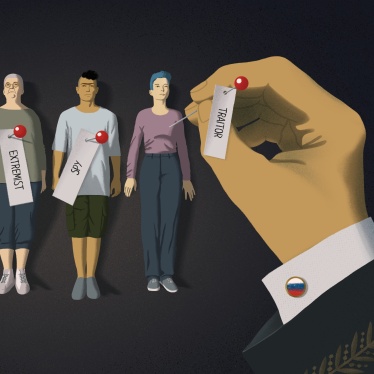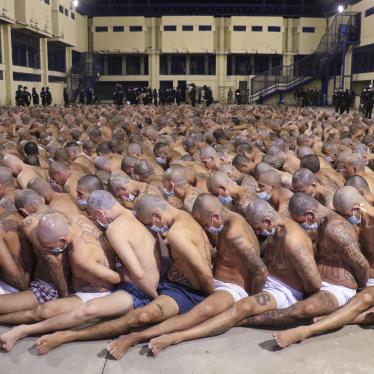For over a week now, Sergey Golubok, a prominent Russian lawyer based in St. Petersburg, has been trying to collect a book he ordered online on Amazon. The book, The Future Is History: How Totalitarianism Reclaimed Russia, is by Masha Gessen, a vocal critic of President Vladimir Putin and his policies.
According to Golubok, instead of handing the book over once it had arrived, the local DHL office requested a written statement that the book does not contain “incitement to extremist or terrorist activities or public excuse of terrorism, … [or] information that may harm political or economic interests of member states of the Eurasian Economic Union, their national security, public health or morals of their citizens.” Golubok complied but DHL, indicating it was acting upon instructions from the Russian customs office, sent another request, this time to confirm that the book did not contain “propaganda of certain views or ideology.” DHL then sent a third request as to whether the book was available for purchase in the Russian Federation. Human Rights Watch has contacted DHL for its comments on this issue, but has not yet received a reply.
Golubok denounced these demands as “outright censorship.” The incident is indeed reminiscent of Soviet-era policies – ironically, the very subject of Gessen’s book. It is also indicative of the crackdown on freedom of expression in Russia, in which the authorities increasingly conflate criticism of the government with extremism and threats to state security.
The refusal, so far, to let Gessen’s book through Russian customs could also signal a broader regional challenge. The wording of the first confirmation letter requested by DHL uses language that duplicates a provision from a 2015 decision of the Eurasian Economic Commission (EEC), which introduced a ban on import and export of certain publications and books.
The barriers Golubok is facing getting his book interfered with the internationally protected right to free expression, which as defined under the core human rights treaties that Russia has ratified, includes the right to seek, receive and impart information.
The Eurasian Economic Union currently has four other member countries in addition to Russia: Belarus, Kazakhstan, Armenia and Kyrgyzstan, with a combined population of nearly 183 million. If the refusal to allow Gessen’s book to clear customs was in fact based on the 2015 EEC decision, many other books might be facing similar hurdles well beyond Russia’s borders.









